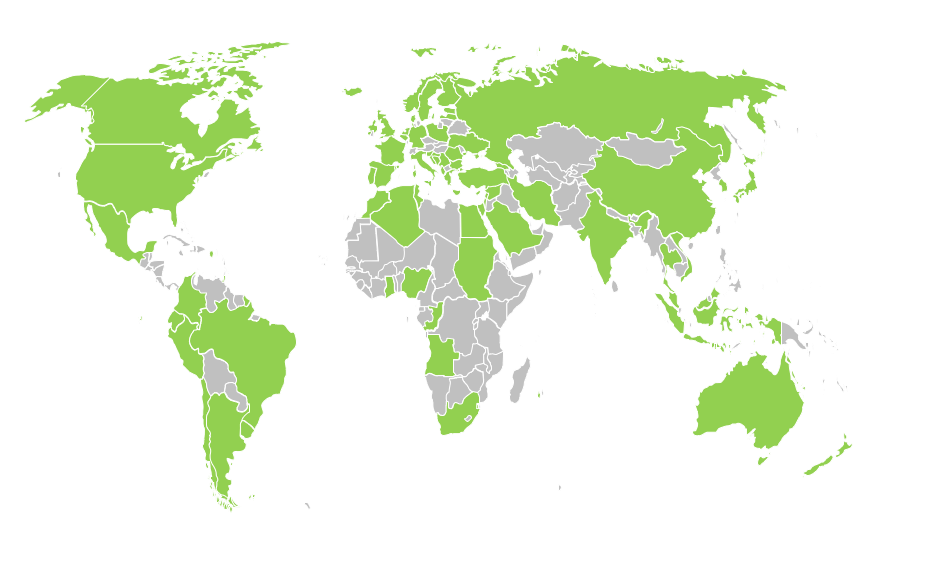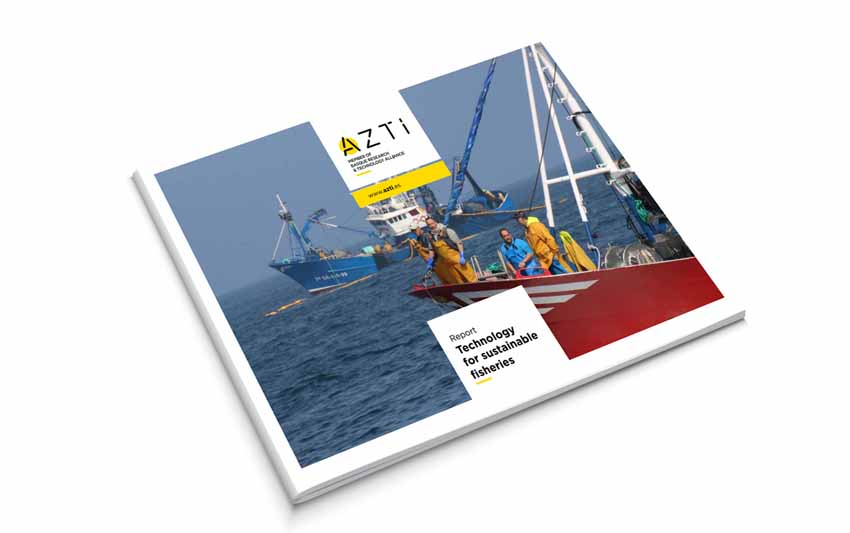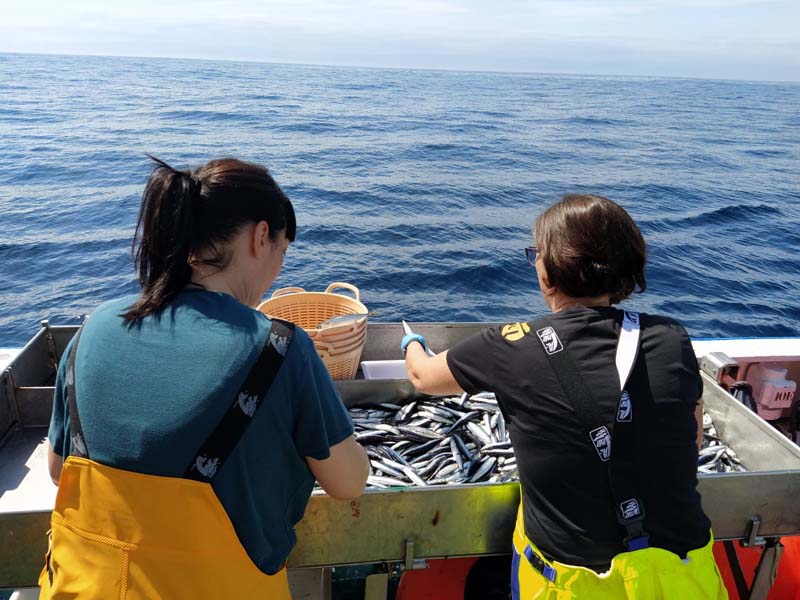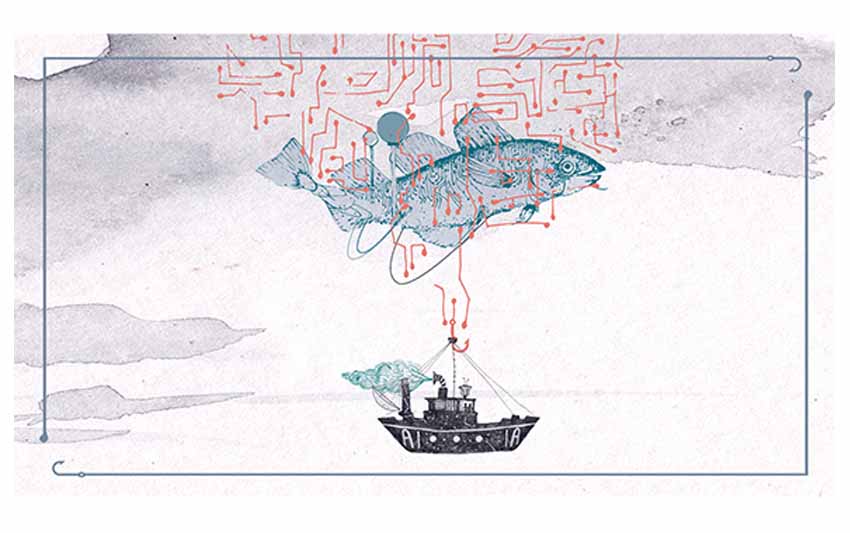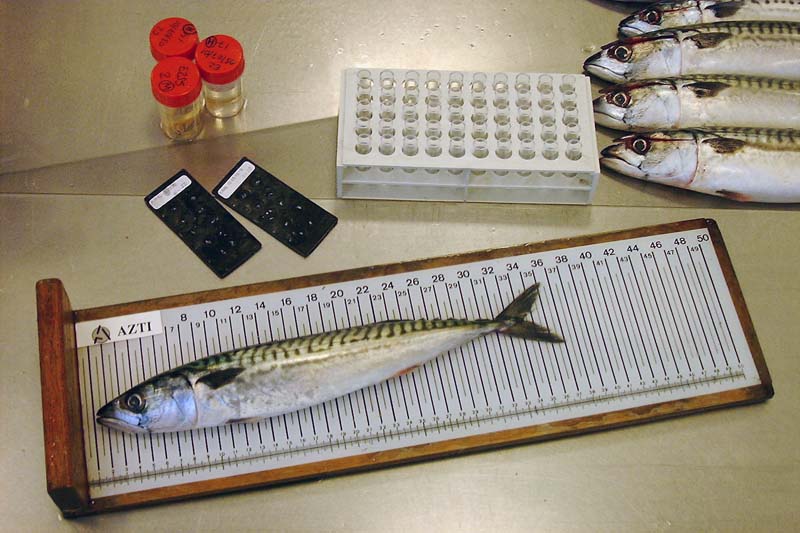AMBI, the international reference tool for the assessment of the marine environment, is now updated
Últimas noticias
Digital Transformation of the Fishing Fleet: AZTI Explores the Future of the Industry with AI and Sustainable Solutions
The replica of the San Juan will set sail on a scientific mission thanks to an agreement between Albaola and AZTI.
Artomaña Txakoli Achieves the Best Enviroscore Category (A), as a Result of Its Environmental Commitment
- The AMBI tool, developed by the AZTI technology centre, has updated its software and renewed its website (https://ambi.azti.es/) to continue improving its features and consolidating its international positioning.
- The solution, which makes it possible to assess or predict the environmental impact of human activity on the seabed, is used in more than 70 countries, from the Arctic to the Antarctic, and includes 10,638 species from all continents.
- Created within the framework of the marine water quality monitoring work for the Basque Water Agency, URA, AMBI has enabled the definition of an adequate hydrological planning for the protection of water resources in many European countries.
Pasaia, 12 May 2021 – At present, the combination of rapid population growth, associated with industrialisation and urbanisation, has led to a gradual increase in pressures on the seas of different countries, due to the increase in urban wastewater discharges and the accumulation of toxic substances in the basins.
To minimise pollution, various programmes and strategies have been developed in recent years, with the aim of combating these effects caused by human activity and promoting greater social awareness of the need to protect aquatic systems. Two of the most outstanding tools in this field are AMBI (AZTI Marine Biotic Index) and M-AMBI (multivariate-AMBI), developed by the AZTI technology centre to assess the status of seabed communities.
The AMBI tool has recently been revised to continue improving its performance. The latest update of its software, version 6.0, includes a list of 10,638 species, representative of the most important communities present in estuaries and coastal systems around the world. The solution can be downloaded through its new website https://ambi.azti.es/
With this revision, AMBI aims to remain the world’s reference tool for establishing the ecological quality status of coasts and estuaries. “It is already used in more than 70 countries, from the Arctic to the Antarctic and across all continents. Moreover, in many countries it has become the official system for assessing ecological status,” explains Dr Ángel Borja, one of the world’s most influential researchers in the field of marine biology, according to the Web of Science, and coordinator of these tools. AMBI allows to assess the environmental impact produced by different human activities in the marine environment, including waste discharges, dumping, dredging, public works and aquaculture. The tool calculates the impacts on benthic macroinvertebrate communities and can predict the impacts that a new activity may generate, proposing appropriate measures to minimise them.
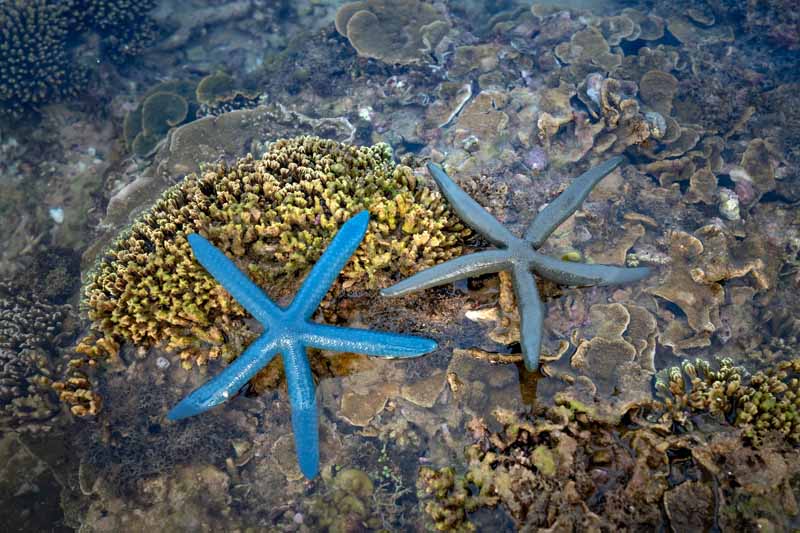
A useful and inspiring tool for the assessment of the marine environment
The AMBI and the M-AMBI tools arose from the need to know the ecological status of the seas. “AMBI and M-AMBI represent a breakthrough and are very useful for all those stakeholders involved in the impact assessment of the marine environment: from public administrations, research centres, to marine energy or chemical companies, as they make it possible to evaluate and predict the distribution of the impacts that a company can produce, minimising them before they occur, through the selection of a more suitable location, or better practices, among other aspects”, Dr Borja points out.
AMBI has also served as an inspiration for other indices, having been adapted to its determination based on DNA extracted from sediment. In this sense, it has been a sustainable ally for minimising the impact of human activity on the waters and favouring the recovery of the marine environment.
Throughout its history, AZTI has developed different methods for assessing the ecological status of the marine environment, among which the AMBI and M-AMBI tools stand out. These tools were created within the framework of the work that the centre has been carrying out since 1994 for the Basque Water Agency URA, which, in line with the European Water Framework Directive, has made it possible to define the guidelines for correct hydrological planning that promotes the protection of the water resources available in many countries around the world.
